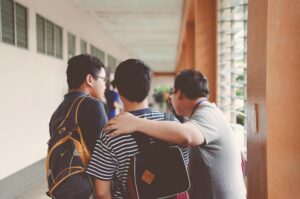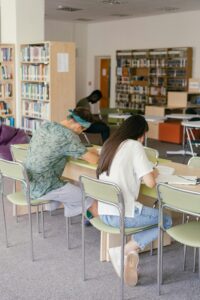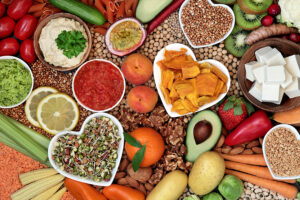This interview refers to the You Are What You Eat project which can be found in our Good Practices section.
GOOD PRACTICE OVERVIEW, CHALLENGES AND OPPORTUNITIES
What did you like the most about this practice?
The advantages of this practice include the fact that the principles of good nutrition are discussed in detail. Furthermore, it is shown how to apply them in a practical manner in everyday life.
What did you like the least about this practice?
Too short, because I like listening and reading about nutrition.
How can this practice be improved in the future?
Follow the trends.
Do you think your understanding of Food Literacy and sustainable food systems has been improved after implementing this practice?
Yes, I think it is very useful.
Have you made any changes to your diet yet after implementing this practice?
I will pay attention to eat more vegetables in my diet.
Do you have any ideas, how can sustainable food systems be promoted among young people/children?
Learning by showing composing meals.







